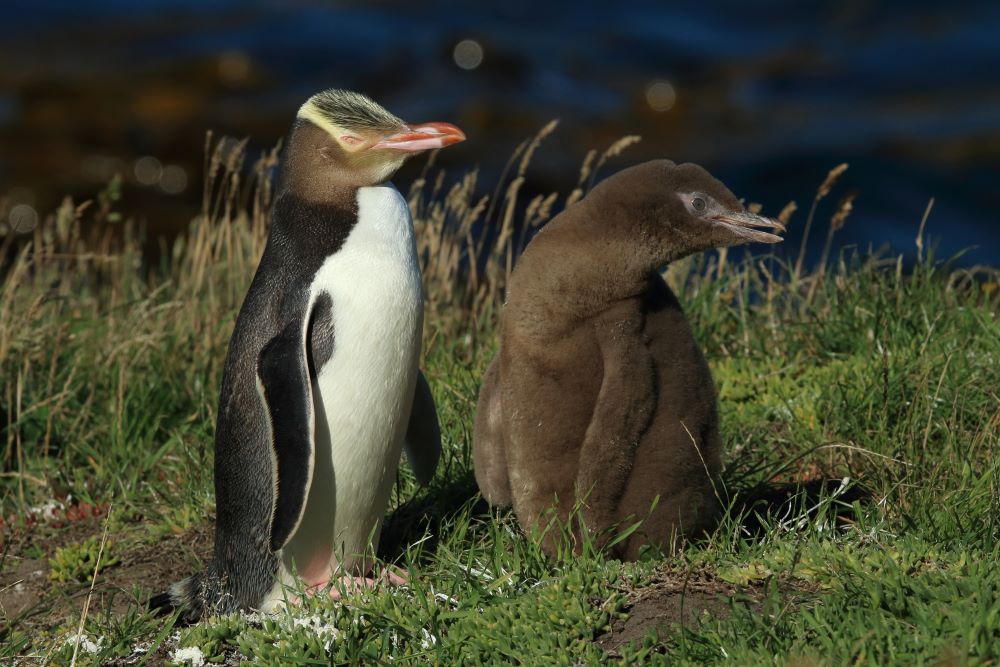4. Feeding and Hunting: Penguins are skilled hunters, primarily feeding on fish, krill, squid, and other small marine organisms. They use their streamlined bodies and powerful flippers to propel themselves through the water at high speeds, enabling them to catch prey with precision. Some species of penguins are known for their deep-diving abilities, capable of diving to depths of over 500 meters in search of food.
5. Adaptations to the Environment: Penguins have evolved a range of adaptations to thrive in their harsh Antarctic and sub-Antarctic environments. Their dense layer of feathers and waterproof plumage helps insulate them from the cold, while their counter-current heat exchange system minimizes heat loss while swimming in icy waters. Additionally, their unique breeding and parenting behaviors allow them to successfully raise their young in challenging conditions.
6. Conservation Challenges: Despite their resilience and adaptability, penguins face numerous threats in the modern world, including habitat loss, climate change, pollution, overfishing, and predation by introduced species. Several species of penguins are classified as threatened or endangered, highlighting the urgent need for conservation efforts to protect their habitats and ensure their survival for future generations.
In conclusion, penguins are extraordinary birds with a rich and complex way of life. From their tight-knit social structures to their remarkable adaptations to the Antarctic environment, penguins continue to captivate and inspire people of all ages with their unique charm and beauty. By learning more about these fascinating creatures and supporting conservation efforts to protect their habitats, we can help ensure that penguins thrive for generations to come.

